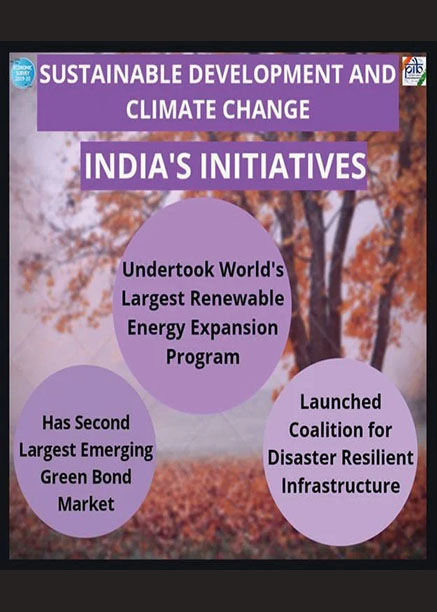
World Bank redefines CSR through sustainability & responsibility
The World Bank Group is committed to ending extreme poverty and sustainably boosting shared prosperity. The World Bank manages its internal business operations’ environmental, social,


The World Bank Group is committed to ending extreme poverty and sustainably boosting shared prosperity. The World Bank manages its internal business operations’ environmental, social,

Corporate Social Responsibility (CSR) guidelines define its philosophy wherein organizations serve the interest of society by taking responsibility for the impact of their activities on

A strong Environmental, Social, and Governance (ESG) strategy is a force multiplier. Organizations must integrate their sustainability efforts into a core CSR and transformation agenda

As a child, all of us have been taught by our parents or grandparents at home that sustainability is based on a simple principle that

The United Nations Environment Assembly (UNEA), at its Sixth Session held in Nairobi, Kenya, from 26 February – 1 March 2024, adopted on 1 March

Corporate social responsibility (CSR) has become an established part of the global landscape, with companies worldwide abiding by the United Nations Global Compact and many
If you wish to get your CSR work highlighted, please submit it through the following form:
























